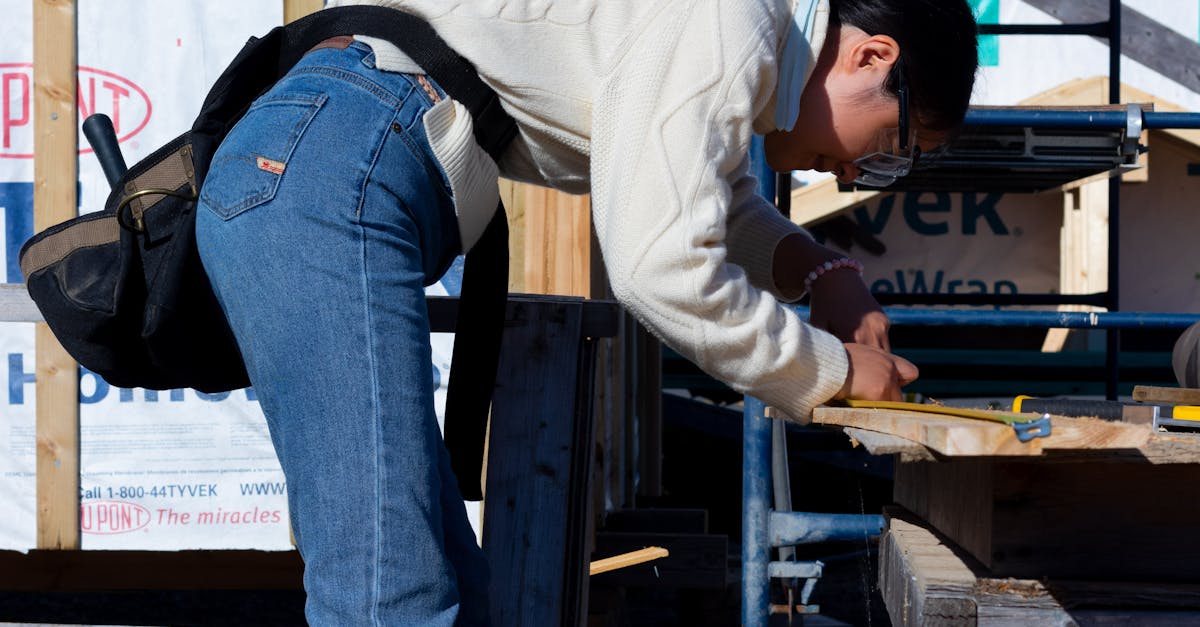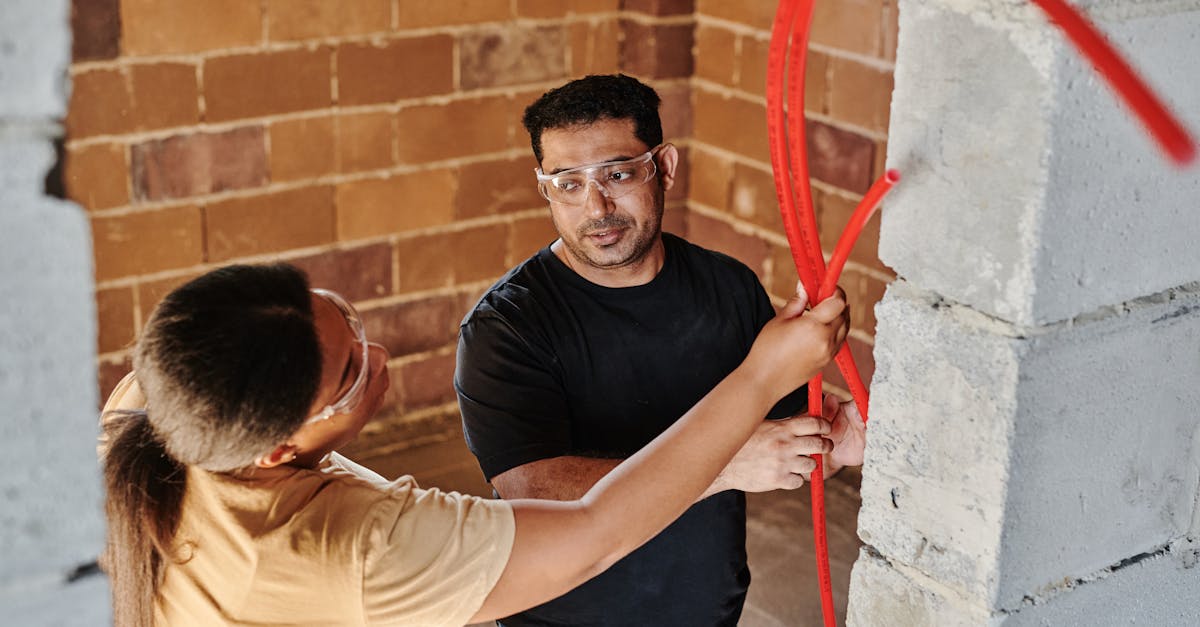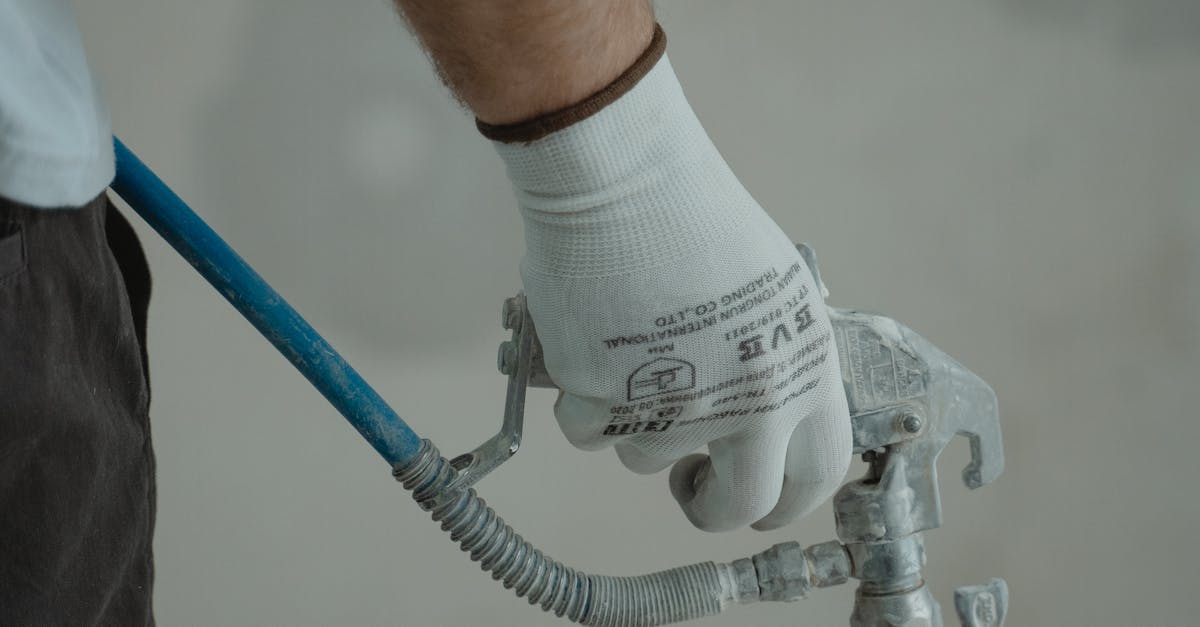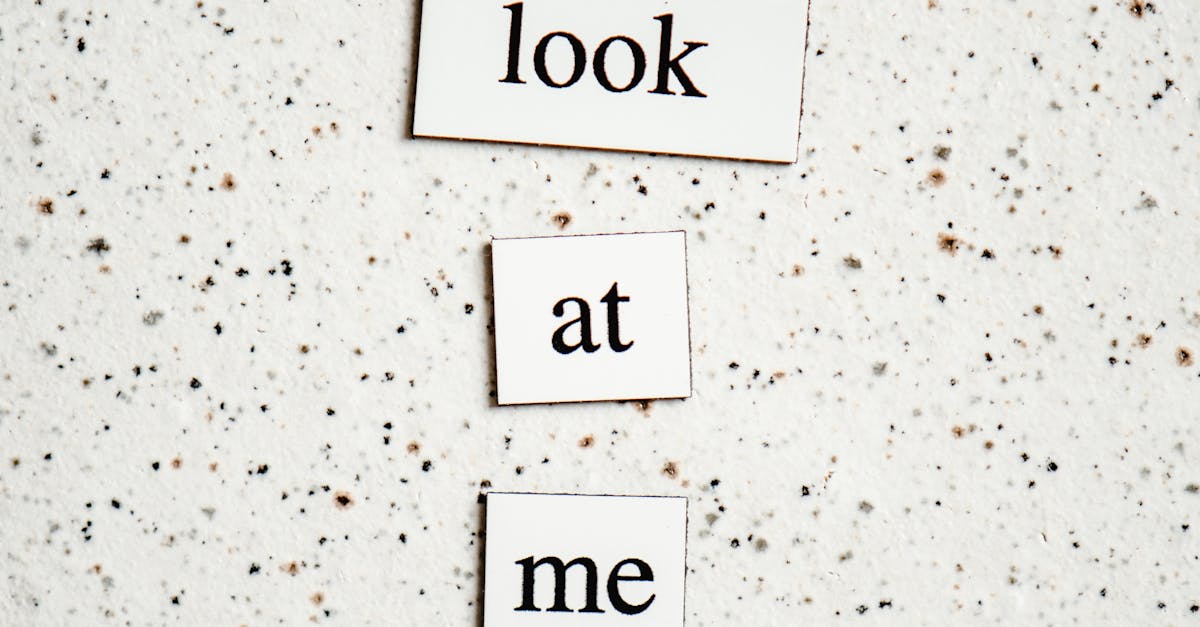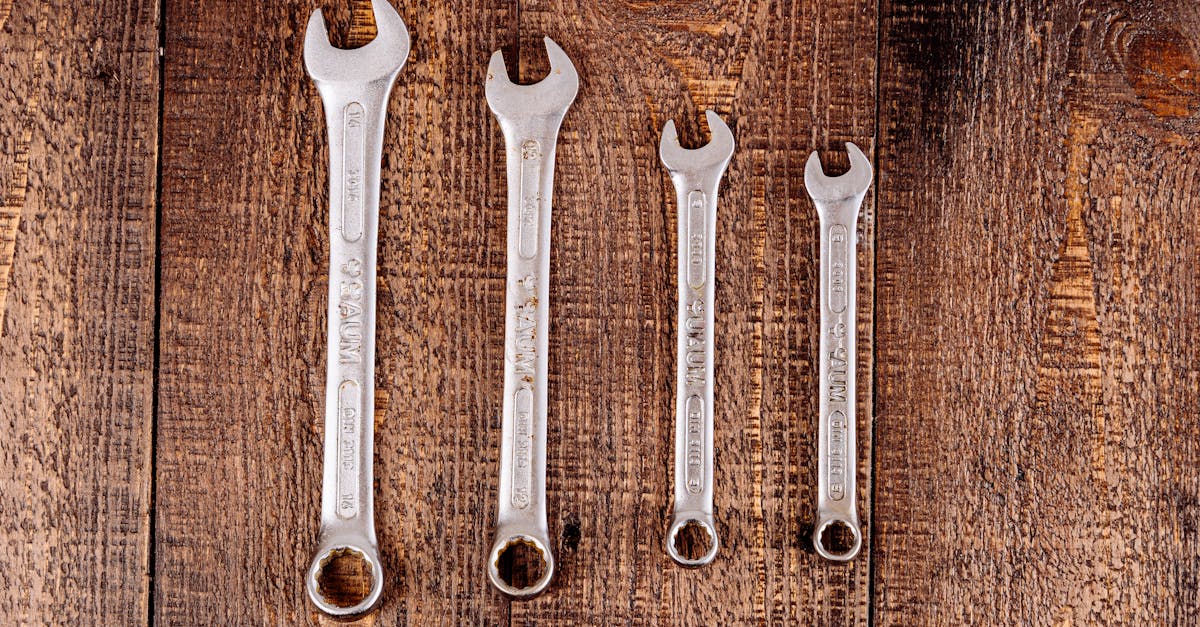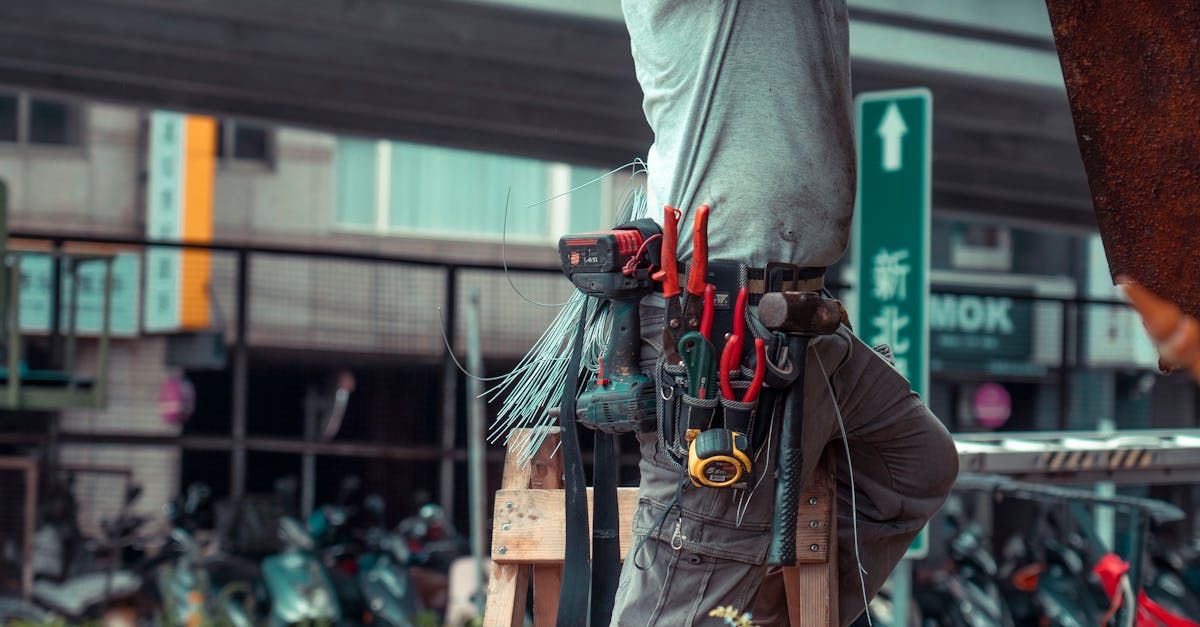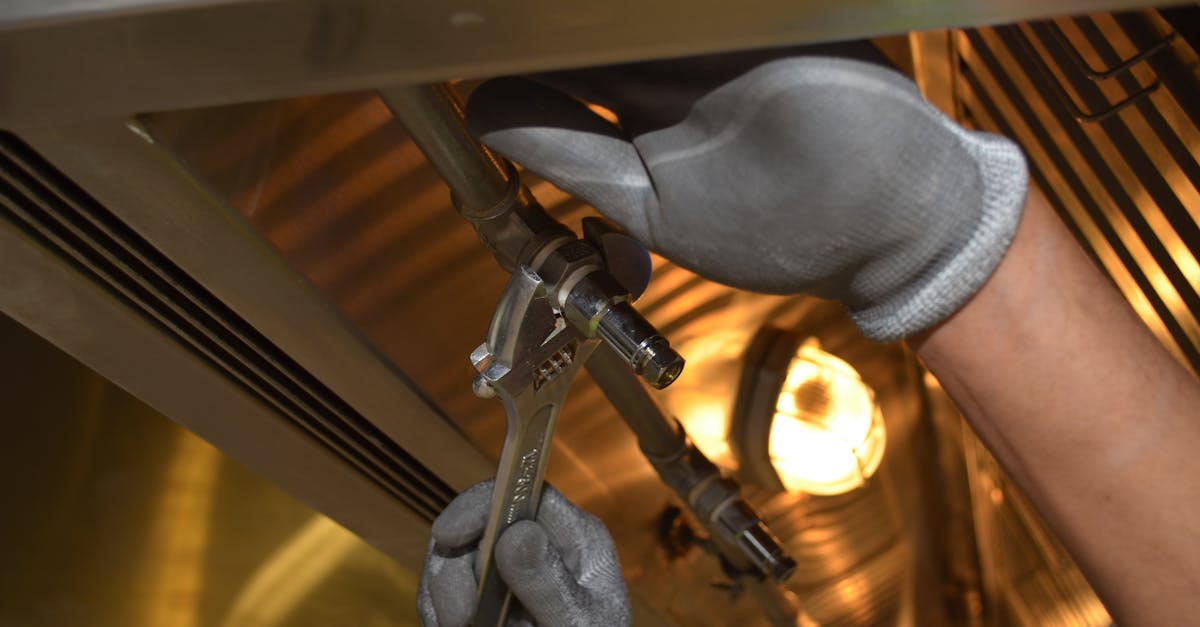
Table Of Contents
Reporting Blocked Drains
When a tenant discovers a blocked drain in their rental property, it is crucial to report the issue promptly. It is advisable to communicate with the landlord or property manager as soon as possible, ensuring they are aware of the situation. Providing detailed information about the blockage can assist in a swift response. In some cases, landlords may prefer to organise repairs themselves or specify that a blocked drain plumber be contacted directly, depending on the tenancy agreement.
Tenants might also want to use their mobile devices to take photos or videos of the blockage, which can serve as evidence when reporting the issue. If the landlord fails to respond or address the problem in a timely manner, the tenant may need to explore further options. Documenting all communications is essential, as this information may be valuable if disputes arise over responsibilities for the repairs.
The Process for Tenants
Tenants experiencing a blocked drain should first report the issue to their landlord or property manager as soon as possible. Documenting the problem can be helpful, so taking photos or making note of when the blockage occurred may assist in resolving the matter promptly. Clear communication is essential, as landlords often have specific procedures to follow for maintenance and repairs.
If the landlord does not respond in a reasonable timeframe, tenants may need to engage a blocked drain plumber independently. This action should typically be discussed with the landlord to ensure they are aware of the situation and can approve any necessary expenses. Understanding the implications of costs and responsibilities will help tenants navigate the process more effectively.
Resolving Disputes Over Blocked Drains
Disputes over blocked drains can often arise between tenants and landlords regarding responsibility for the repair and maintenance of drainage systems. Open communication is essential in these situations. If a tenant discovers a blocked drain, they should promptly report it to the landlord, outlining the severity of the issue. A blocked drain plumber may need to be called if the blockage is not resolved quickly or if it is beyond the tenant’s ability to address.
In cases where disagreements persist, tenants may consider mediation as a viable option to resolve the issue amicably. There are various services available that focus on mediation between landlords and tenants. Involving a blocked drain plumber can provide evidence of the problem, which could aid in clarifying responsibilities. Local councils may also have resources to assist in these disputes, offering guidance on the obligations of both parties.
Mediation Options Available
When disputes arise between tenants and landlords regarding blocked drains, mediation serves as a valuable avenue for resolution. This process allows both parties to discuss issues openly and work towards a mutually acceptable solution. Engaging a neutral third party can help clarify responsibilities and lead to a better understanding of the situation, particularly when it comes to the involvement of a blocked drain plumber.
Mediation sessions can take place in various settings, including residential tenancy organisations. These organisations often provide information on how to access mediation services, ensuring that both tenants and landlords can voice their concerns and negotiate effectively. By utilising these resources, parties can avoid lengthy and costly legal proceedings, ultimately leading to a more efficient resolution of the blocked drain issue.
The Role of Local Councils
Local councils in New South Wales play a vital role in managing drainage systems within their jurisdictions. They are responsible for maintaining public drains and ensuring that stormwater runoff is effectively managed. When residents experience issues with blocked drainage that affects public infrastructure, councils often step in to rectify the problem. Their prompt response can mitigate further damage and potential health risks associated with stagnant water.
While councils focus on public drainage, they do not typically address private drainage problems directly. Tenants dealing with blocked drains on their property are encouraged to contact a qualified blocked drain plumber to resolve the issue. The plumber can assess the situation and provide solutions, allowing the landlord to fulfill their maintenance obligations if necessary. Involving a professional ensures that the problem is dealt with appropriately, keeping the lines of communication open between tenants and landlords.
Local Council Involvement in Drainage Issues
Local councils play a crucial role in managing drainage issues within their jurisdictions. They are responsible for the maintenance and operation of public sewer systems and stormwater drains. Residents dealing with drainage problems can contact their local council for guidance and assistance in these matters. If the blockage lies within the public system, the council may intervene to address the issue.
When individual property owners experience drainage problems, they are often advised to first seek the expertise of a blocked drain plumber. These professionals can diagnose and resolve blockages within private properties. If a tenant believes the issue is linked to council-maintained infrastructure, they can bring this to the attention of the local council to determine responsibility and potential solutions.
FAQS
Who is typically responsible for blocked drains in a rental property in NSW?
In NSW, the landlord is generally responsible for maintaining the property's plumbing, including blocked drains. However, tenants are expected to report issues promptly.
What should a tenant do if they notice a blocked drain?
Tenants should report the blocked drain to their landlord or property manager as soon as possible, providing details of the issue to facilitate a swift resolution.
Can a tenant be held responsible for a blocked drain?
Tenants may be held responsible if the blockage is due to their actions, such as improper disposal of waste. However, normal wear and tear is typically the landlord's responsibility.
What options do tenants have if their landlord fails to address a blocked drain?
If a landlord does not respond to maintenance requests, tenants can seek mediation through Fair Trading NSW or consider lodging a complaint with the NSW Civil and Administrative Tribunal.
How can local councils assist with drainage issues?
Local councils can provide support for drainage problems that affect public areas or infrastructure. They may also offer advice on how to resolve drainage issues at the property level.
